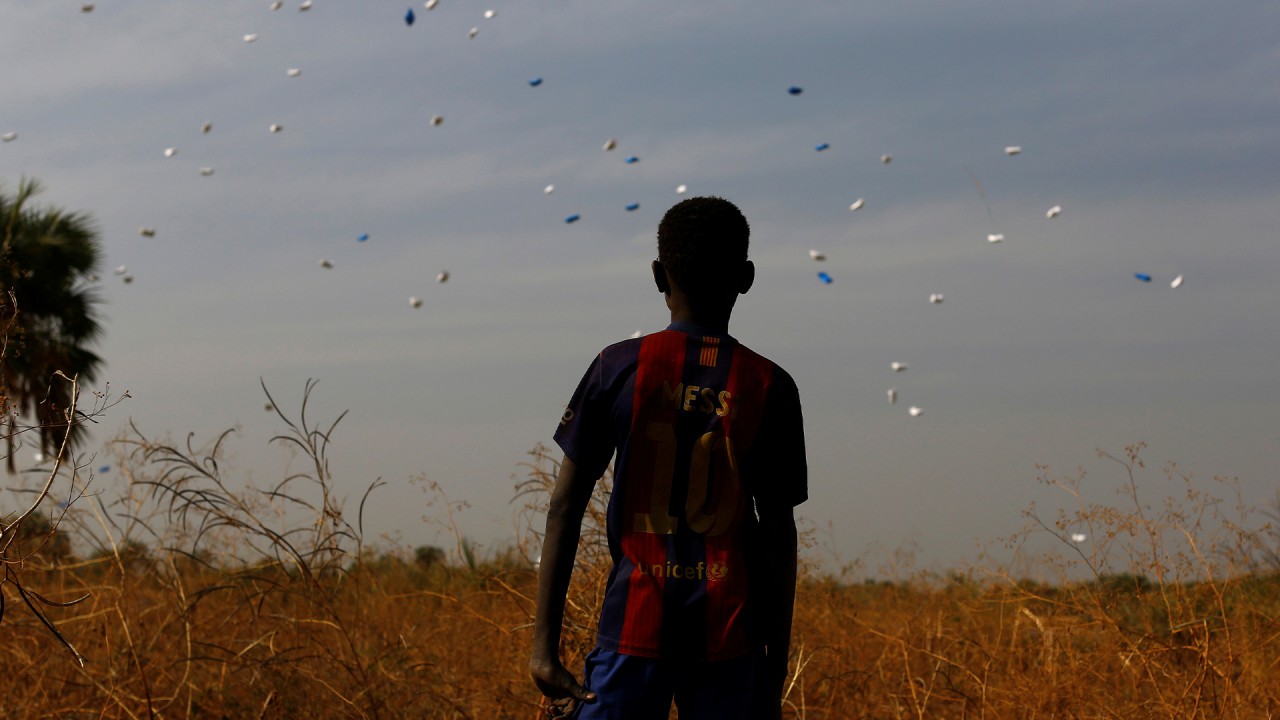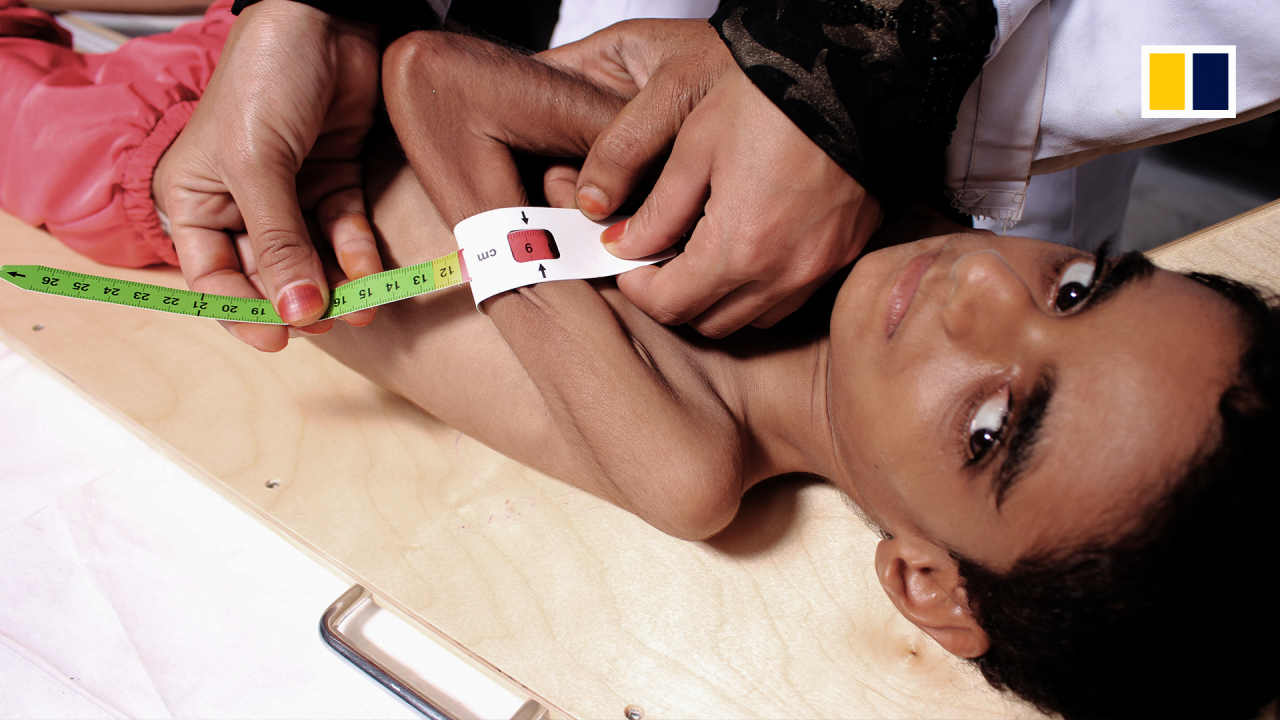
At 75, is the United Nations still relevant or necessary?
- Legitimate criticism and lingering questions surround the UN, even as it makes important progress in areas mostly unseen and vastly under-reported
- Instead of using the UN as a scapegoat for political failures, criticism should be turned on to states that overpromise and underfund humanitarian operations
On September 21, the United Nations will celebrate its 75th birthday. Founded in 1945 after 50 countries met in San Francisco to draw up the UN Charter, it was conceived as an international institution that would “save succeeding generations from the scourge of war”.
Since then, it has evolved into an organisation of great size and complexity that confronts a wide array of challenges. However, legitimate criticism and lingering questions remain about its future. Is it still relevant? Is it still fit for purpose? Is it still necessary?
It famously failed Rwanda in 1994, refusing on multiple occasions to recognise that a genocide against the Tutsi minority was taking place and failed to alter the peacekeeping mission to protect innocent Rwandans. Today, the Security Council has failed in Syria, where 500,000 are dead, 5.5 million are refugees and more than 6.6 million are internally displaced.

02:35
UN’s food relief agency in urgent need for funds to keep coronavirus aid flights going
Peacekeeping missions remain under-resourced, famously displayed in Rwanda where 2,548 peacekeepers were reduced to a mere 270 to protect hundreds of thousands of innocent people. Peacekeepers today often lack proper technical support, capacity and other resources.
Nevertheless, progress has been achieved. Under the previous Millennium Development Goals, the number of people in extreme poverty plummeted, 2.6 billion people gained access to improved drinking water and new HIV infections fell by 40 per cent.
Pandemic may reverse human development for first time in 30 years, UN says
Despite heavy criticism, the work of the United Nations is indispensable in areas mostly unseen and vastly under-reported. In Lesotho in Sub-Saharan Africa, the World Food Programme is the difference between starvation or a nourishing meal for hundreds of thousands of children, some of whom are orphaned because of the high prevalence of HIV. The UN in Lesotho has also worked behind the scenes to ensure political stability in a country plagued by political infighting.

01:39
War-torn Yemen is losing the fight against famine
The UN may be a bloated bureaucracy, but it is what states make of it. It can be a valuable tool for diplomacy and conflict resolution through peaceful means or a political tool for obstruction. While critics are correct about the past, the UN is more accountable and its results are clearly visible, if under-reported and badly communicated.
Instead of using the UN as a scapegoat for political failures, criticism should be turned on to states that overpromise and underfund humanitarian interventions and often lack the capacity and political will to overcome development challenges.
Mark S. Cogan is an Associate Professor of Peace and Conflict Studies at Kansai Gaidai University in Osaka, Japan. He is a former communications specialist with the United Nations in Southeast Asia, Sub-Saharan Africa and the Middle East

